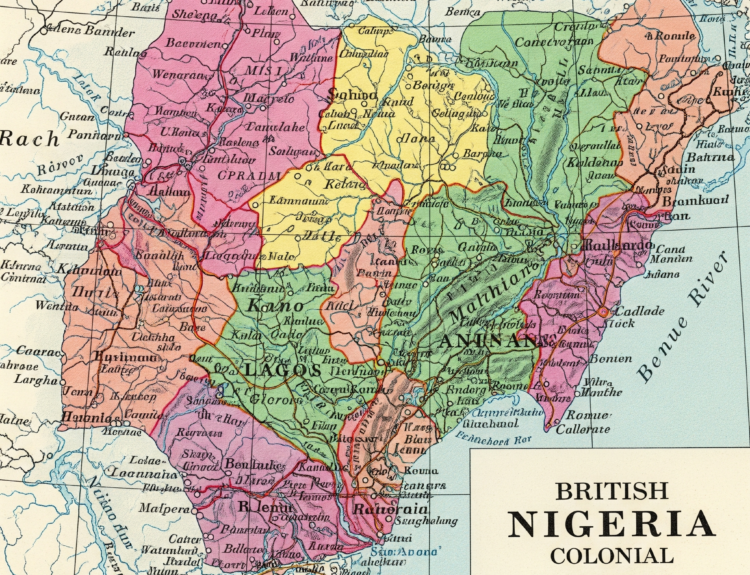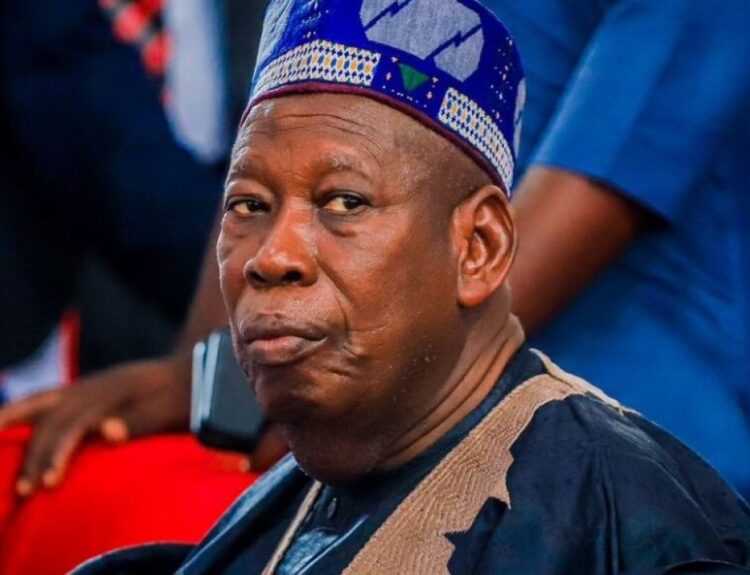In recent times, Nigeria has witnessed waves of protests sparked by various socioeconomic challenges. These demonstrations often highlight grievances related to economic hardships, governance issues, and social inequalities. As the nation navigates these turbulent times, it becomes crucial to consider what actions the Nigerian government can take to address the concerns of its citizens effectively.
1. Listen Actively to Citizens’ Concerns: First and foremost, the government must demonstrate a genuine willingness to listen to the concerns of protesters. This involves engaging with representatives from civil society, youth organizations, and other stakeholders to understand the root causes of dissatisfaction and grievances. Creating avenues for constructive dialogue can help in finding common ground and potential solutions.
2. Transparency and Accountability: Transparency in governance is vital during times of protest. The government should be open about its policies, decisions, and actions. This includes providing clear information on economic policies, budget allocations, and how public funds are being utilized. Ensuring accountability for public officials and institutions can help rebuild trust and confidence among the populace.
3. Address Economic Challenges: Many protests in Nigeria have been driven by economic hardships, including high unemployment rates, inflation, and poverty. The government should prioritize initiatives aimed at economic revitalization, job creation, and poverty alleviation. This may involve investing in infrastructure development, supporting small and medium-sized enterprises (SMEs), and implementing social safety nets to support vulnerable populations.
4. Strengthen Social Services: Improving access to quality education, healthcare, and social services is crucial for enhancing the well-being of Nigerians. The government should prioritize investments in these sectors to ensure that all citizens have equal opportunities and access to essential services. Addressing disparities in access and quality can mitigate some of the underlying causes of protest.
5. Respect Human Rights and Rule of Law: During protests, it is essential for security forces and law enforcement agencies to uphold human rights standards and the rule of law. Authorities should exercise restraint, avoid excessive use of force, and protect the rights of peaceful demonstrators. Upholding constitutional rights to freedom of expression and assembly is fundamental in a democratic society.
6. Foster Inclusive Governance: Inclusive governance involves ensuring that all segments of society, including youth, women, minorities, and marginalized groups, have a voice in decision-making processes. Creating platforms for inclusive participation in governance can help bridge divides and foster a sense of belonging and ownership among all Nigerians.
7. Commitment to Reform and Dialogue: Lastly, the government should demonstrate a commitment to reform and continuous dialogue with stakeholders. This includes implementing necessary policy reforms, addressing structural challenges, and institutionalizing mechanisms for ongoing engagement with civil society and the public.
In conclusion, navigating hardship protests requires a balanced approach that prioritizes dialogue, transparency, inclusive governance, and concrete actions to address underlying grievances. By listening to citizens’ concerns, promoting economic stability, respecting human rights, and fostering inclusive participation, the Nigerian government can work towards building a more equitable and resilient society for all its citizens.






